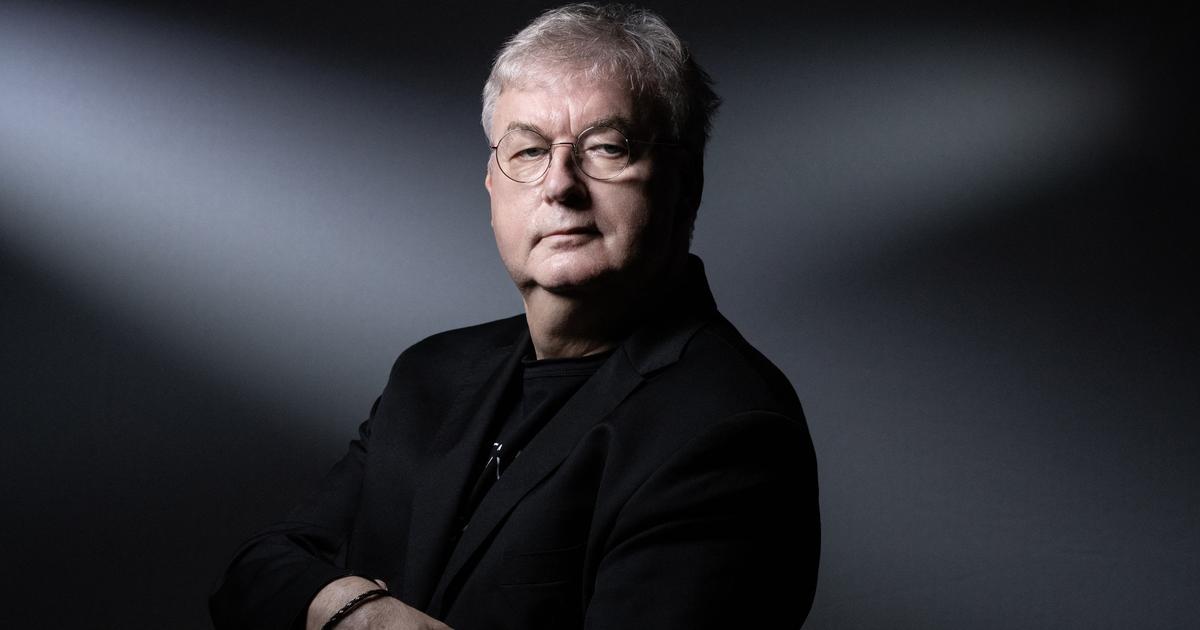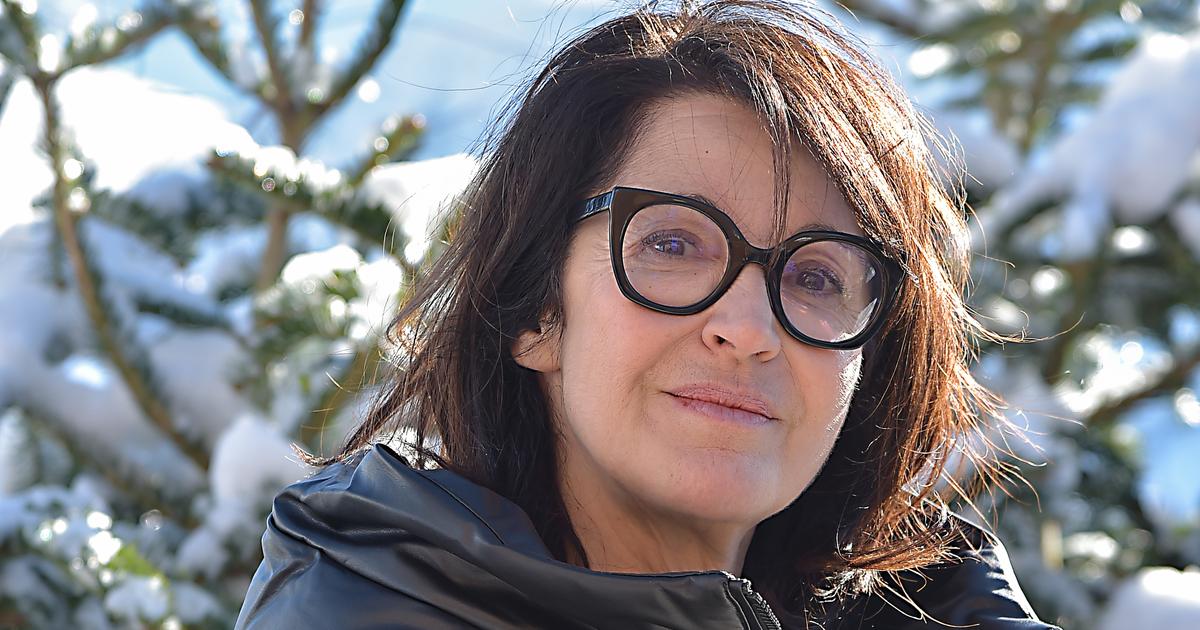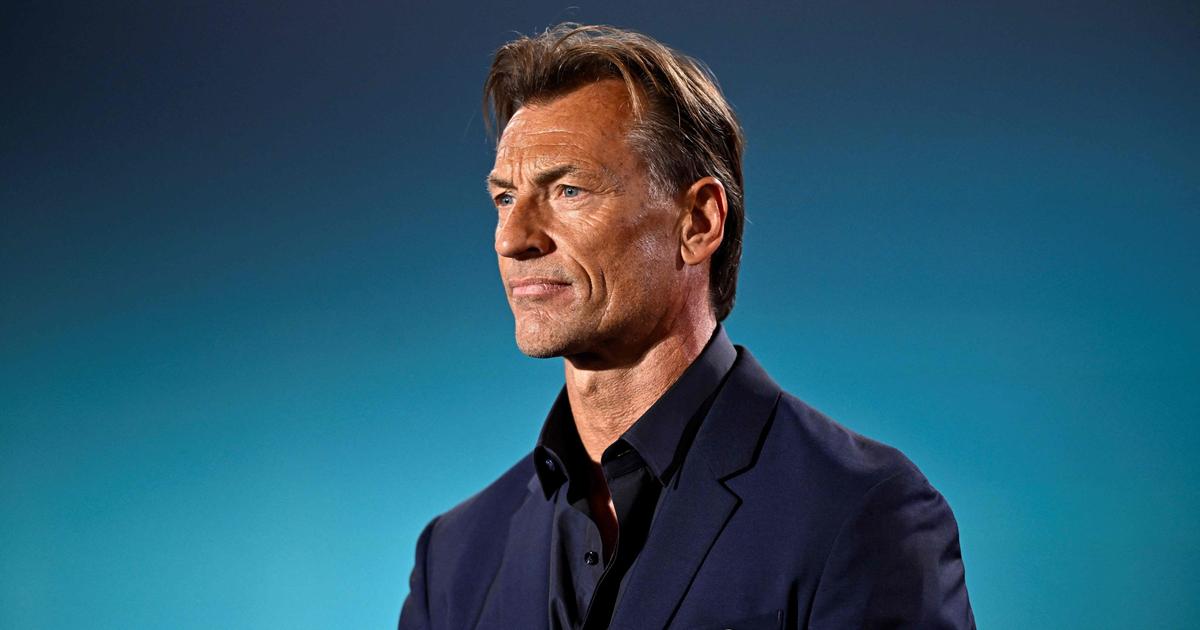FREETOWN, Sierra Leone – One of the mistaken impressions people have about the world is that it is going to hell.
Perhaps it is because humanity's great triumph of the past half-century — the enormous reduction in poverty, disease and premature death — goes largely unnoticed.
Information about pregnancy at a clinic in Makeni, Sierra Leone. (Malin Fezehai/The New York Times)
The worst thing that can happen to someone is losing a child, and historically nearly half of children died before reaching adulthood.
We now live in an era of transformation in which96% of the world's children survive to adulthood.
That arc is visible here in Sierra Leone, a country that remains heartbreakingly poor, but where the risk of a child dying is less than half as high as it was 20 years ago.
You may have heard of Sierra Leone as "the most dangerous place in the world to give birth."
That's no longer true: Deaths in pregnancy and childbirth have fallen by 74% since 2000, according to United Nations figures.
Pregnant mothers wait their turn for a check-up at a hospital in Makeni, Sierra Leone, May 15, 2023. (Malin Fezehai/The New York Times)
In a remote health centre, I met 19-year-old Yeabu Kargbo, who had just given birth with the help of a qualified midwife, after a full series of antenatal visits.
In Sierra Leone, medical care for pregnant women and babies is free in most cases, as are contraceptives.
Kargbo's mother, who offered unsolicited parenting advice that Kargbo pretended not to hear, is illiterate and had six children.
Kargbo herself has a sixth-grade education and said she wanted to have only three children, and with improving healthcare and education in the country, she has big plans for her new baby girl.
"I want this girl to go to college," she says.
Sierra Leone remains a dangerous place to give birth by international standards.
Changes
But I've been visiting West Africa since I was a law student in 1982, and one of the reasons I often write about reproductive health is that I've seen too many women die needlessly in childbirth in the region.
The improvement in well-being is staggering.
More than 90 per cent of pregnant women in Sierra Leone now receive antenatal care, and the vast majority are assisted during childbirth by a qualified midwife, nurse or doctor.
After delivery, nurses put babies to the breast immediately and advise mothers on exclusive breastfeeding practices, which reduces infant mortality.
In the bustling maternity ward in the town of Makeni, a nurse told me that now parturients usually arrive on motorcycles, which doesn't sound very good, until she explains that they used to arrive in wheelbarrows.
Health facilities are beginning to address cervical cancer, a gruesome disease (sometimes diagnosed in part by the stench of rotting flesh) that kills more people worldwide than maternal mortality, but is given far less attention.
Some girls in Sierra Leone are now vaccinated against HPV, and some clinics offer low-cost check-ups in which the cervix is vinegared and lesions are sought.
Meanwhile, obstetric fistulas are being repaired, bringing girls back to life, at a rate unimaginable 20 years ago.
Perception
Challenges remain enormous, such as unrest in the north in Mali and Burkina Faso, which could destabilize the entire region.
But one of the reasons the world isn't doing more to help poor countries is exhaustion, the feeling that nothing is working.
I'm afraid that misperception is driven in part by journalists like me, and by aid workers, advocates, and other bleeding hearts.
We pounce on crises, so what the public hears about Africa is the carnage in Sudan, the famine in Somalia and the massacres in Ethiopia.
These are real issues that deserve more attention, not less, but we don't do enough to light up the backdrop for advances in health, education, and well-being.
Many people believe that global poverty is irremediable – 87% said in a 2016 survey that poverty had stayed the same or worsened in the previous two decades – while, in fact, the proportion of people living in extreme poverty in the world has plummeted from 38% in 1990 to around 8% today.
Historians may look back and conclude that advances in human well-being, health, and child survival were the most important things that happened in the world at the beginning of the twenty-first century.
I am finishing my annual trip, in which I take a student with me on a reporting trip.
This year's winner is Maddie Bender. We met with Sierra Leone's president, Julius Maada Bio, and I asked him if he thought journalistic obsession with crises was harmful.
"Sure," he said, "we blame you."
We are privileged to live in the age of miracles.
This is biblical: the blind see (cataract and trichiasis surgeries!); The lame walk (clubfoot correction!). Age-old diseases such as leprosy, polio, fistula, guinea worm and river blindness are receding, and this progress is as authentic as all the dangers in the headlines.
(For those wondering how to help solve the problems I've written about on this trip, you can turn to Helen Keller Intl for her fight against parasites and blindness, the NDT Fund for her operations to repair grotesquely swollen scrotums for parasites, and Camfed for her education program.)
c.2023 The New York Times Company
See also















